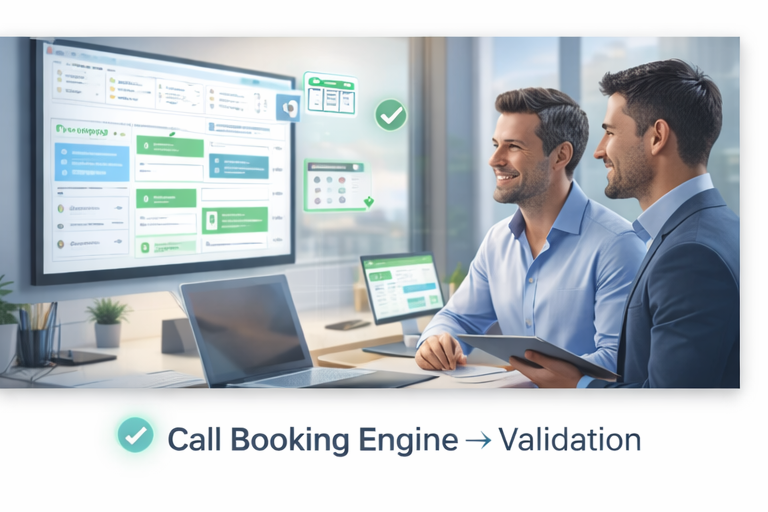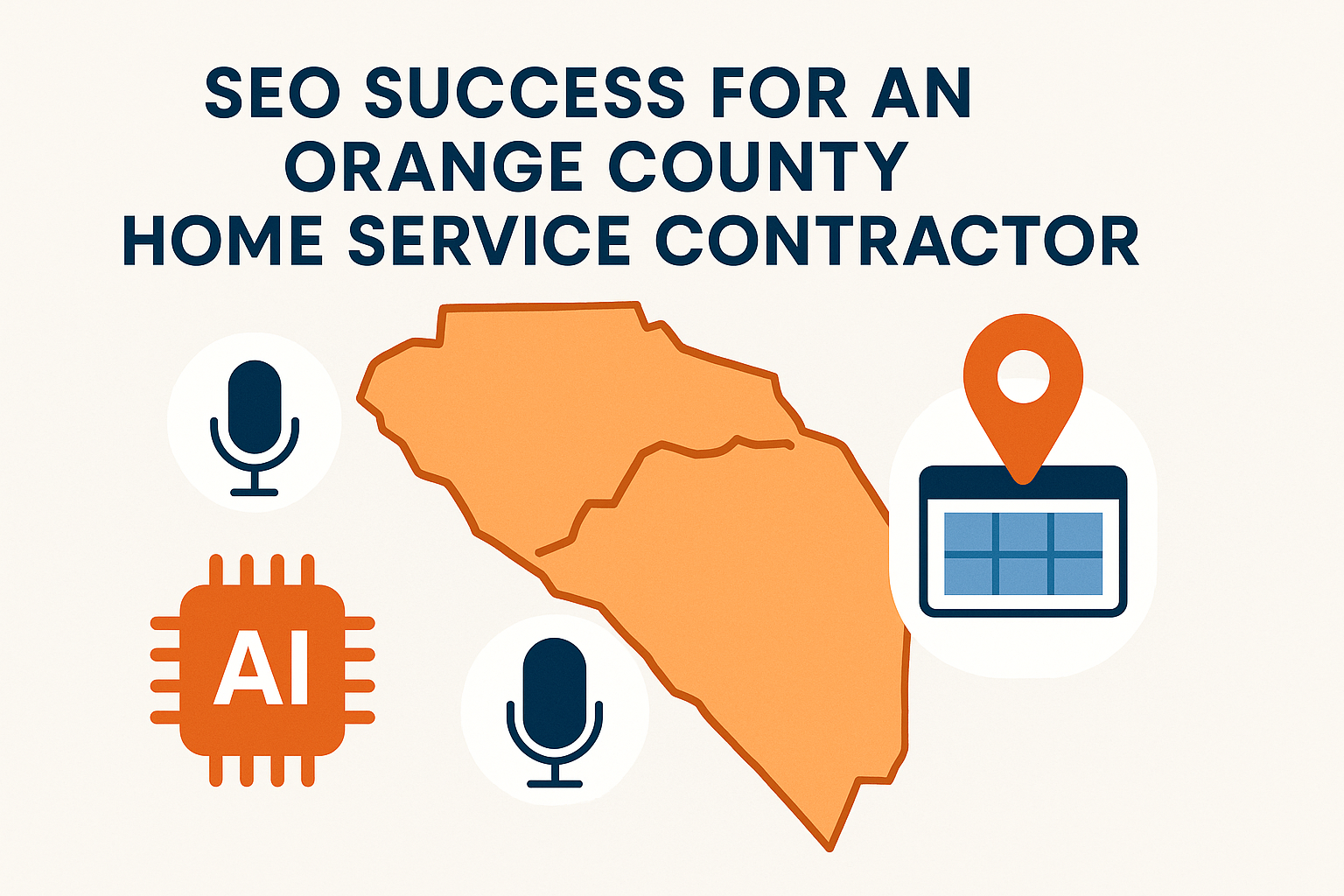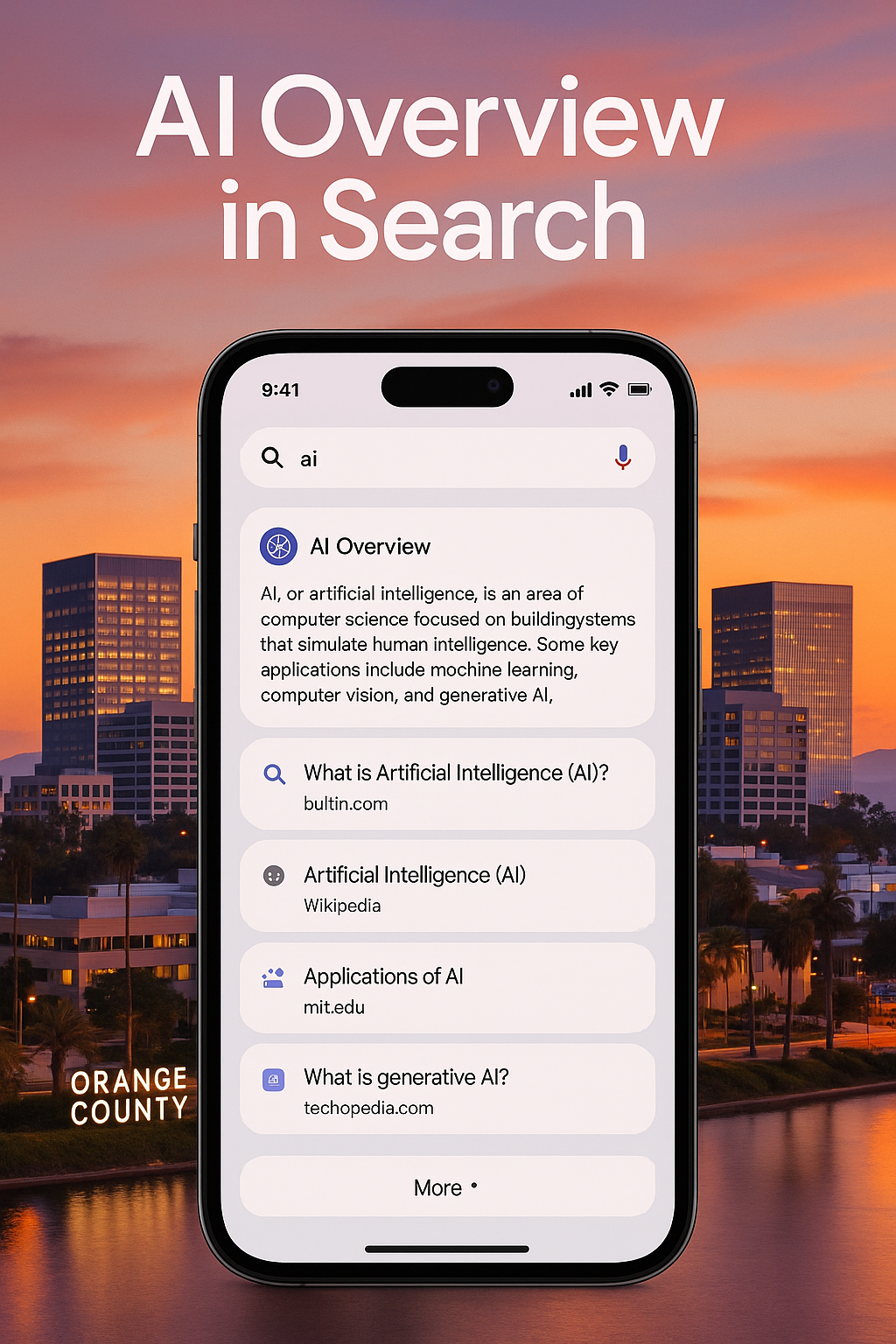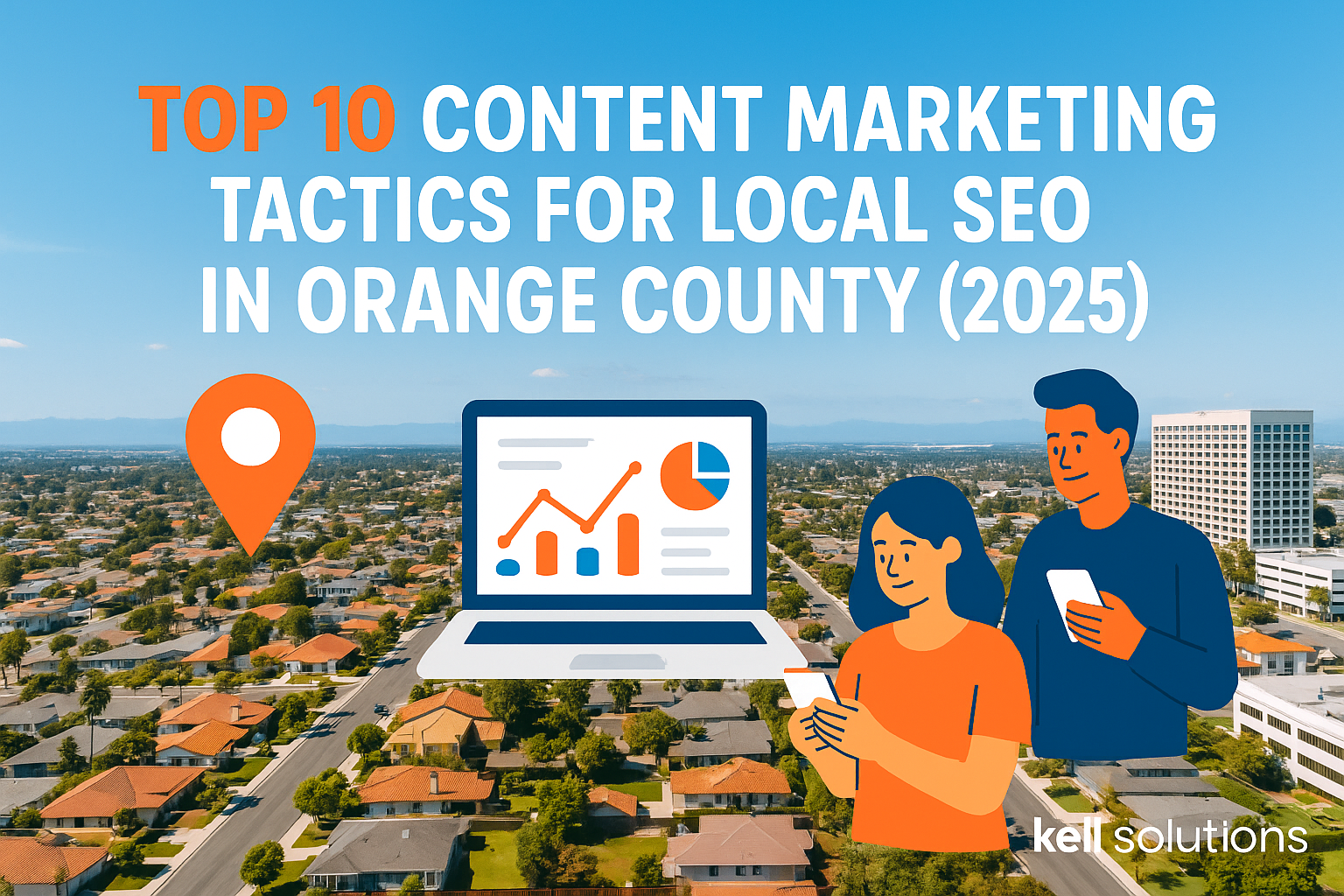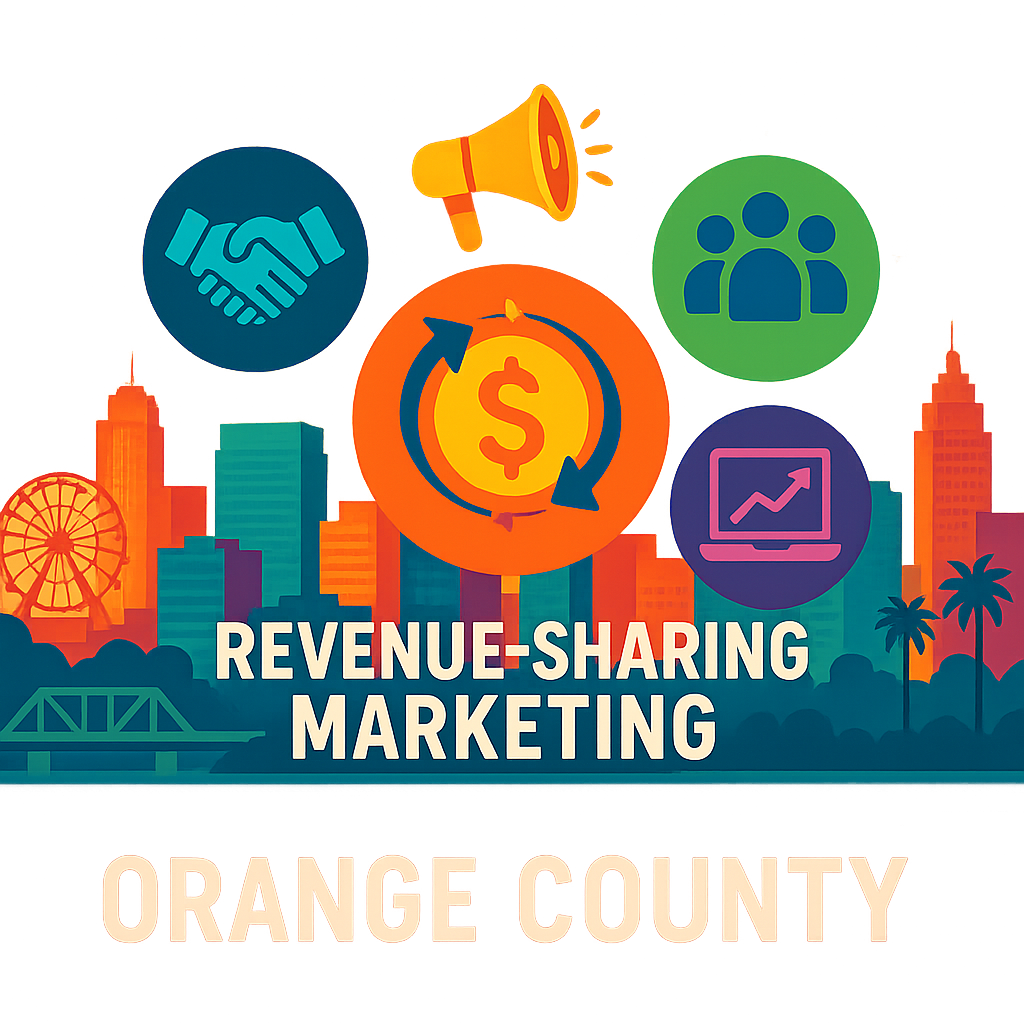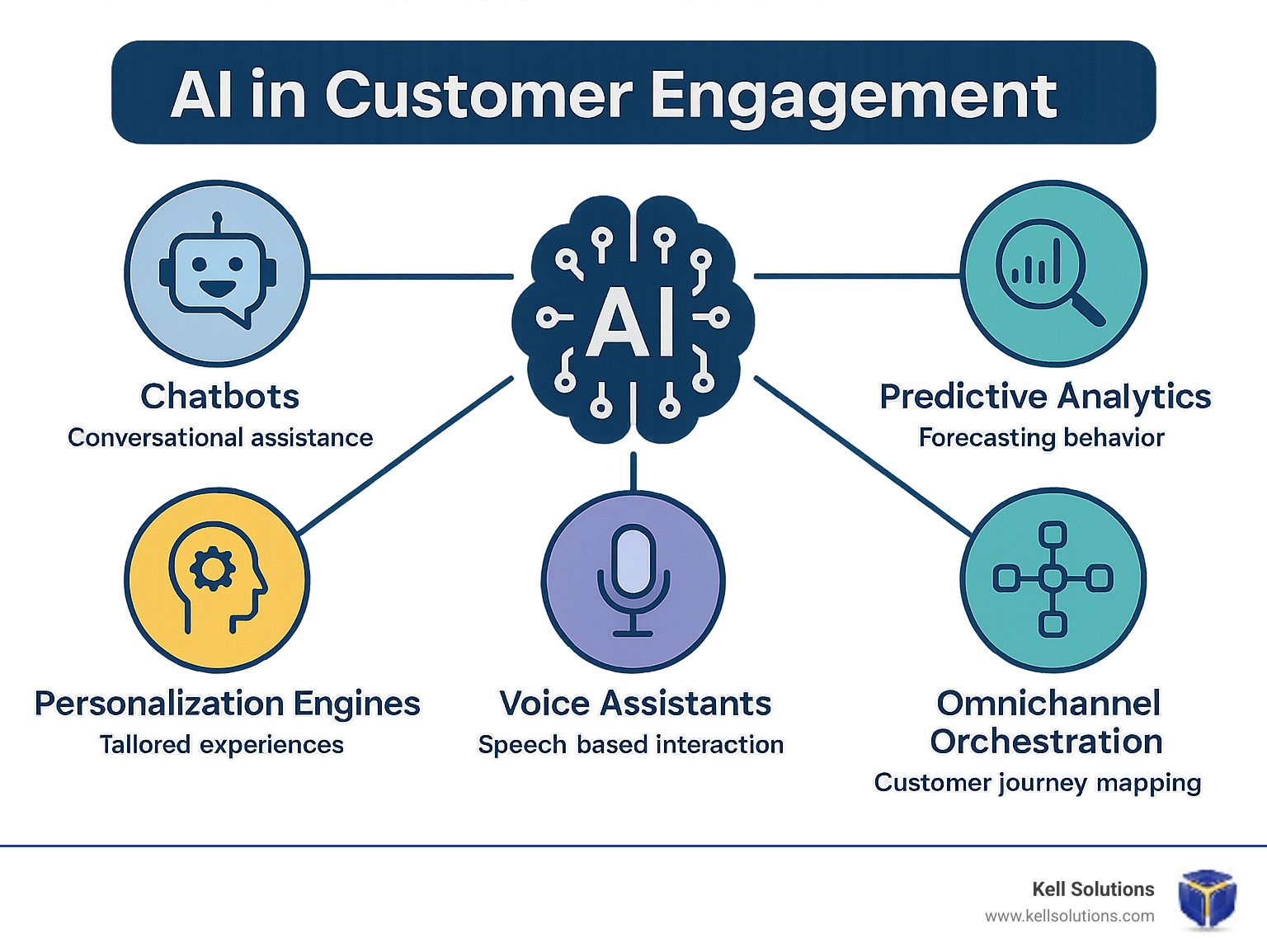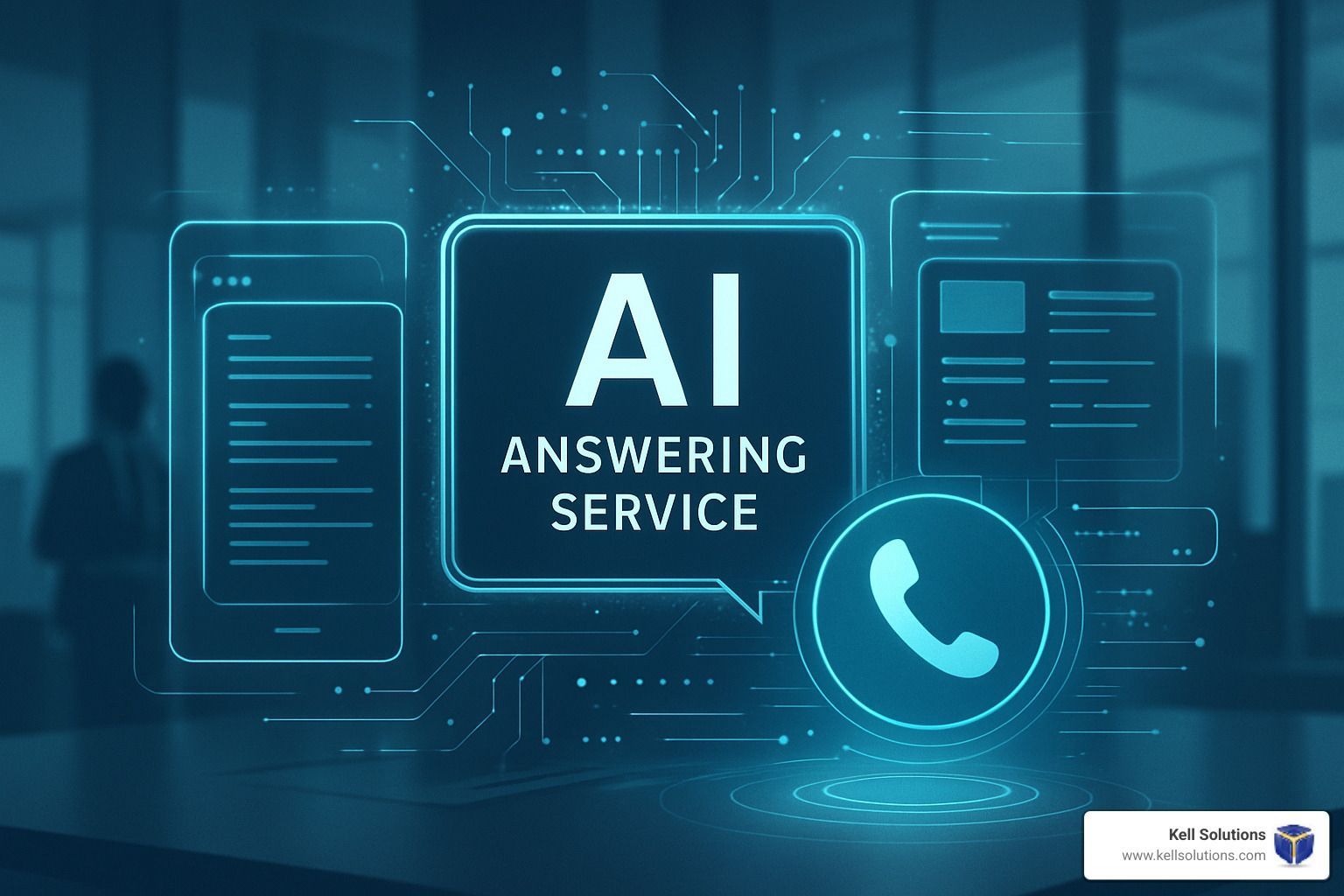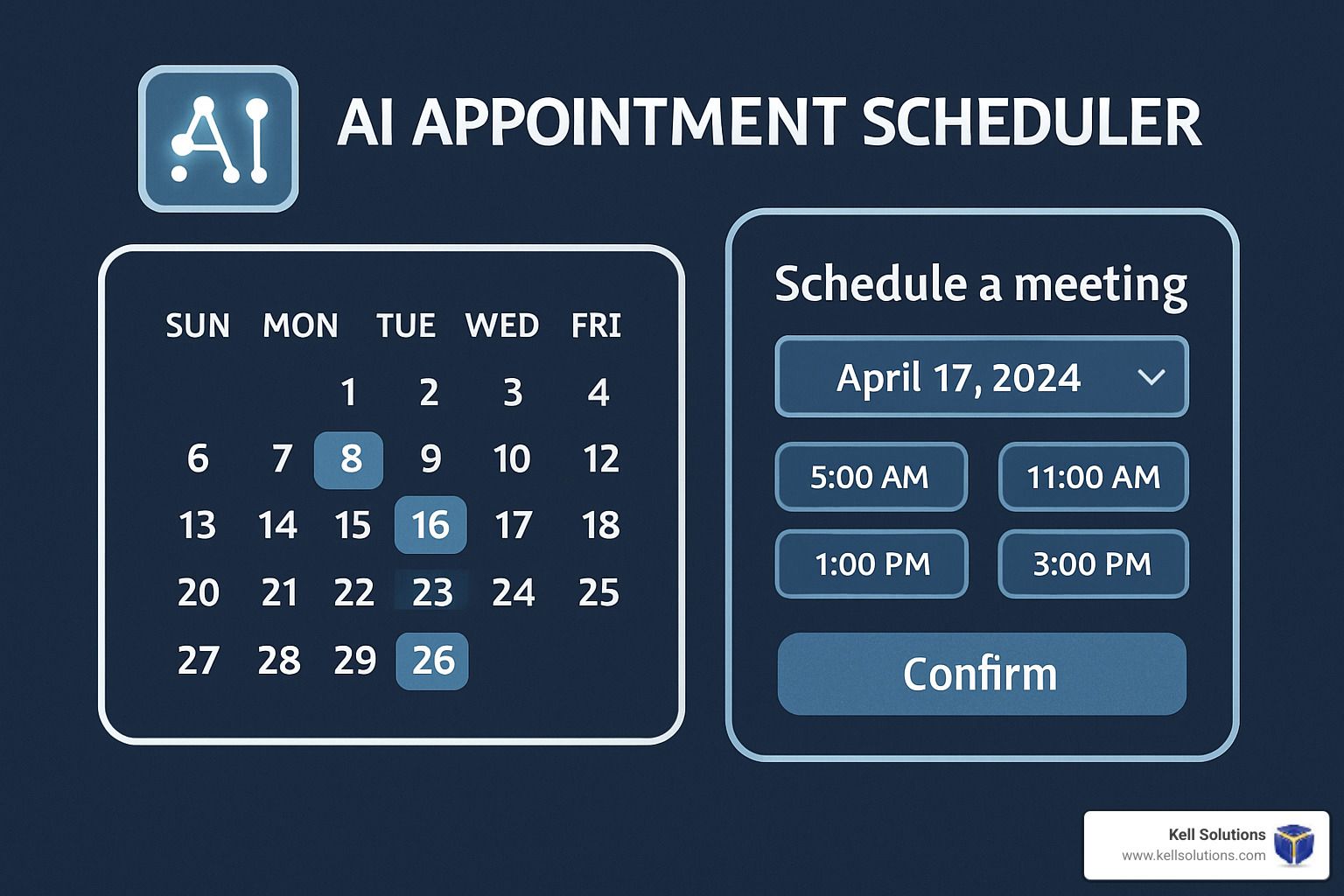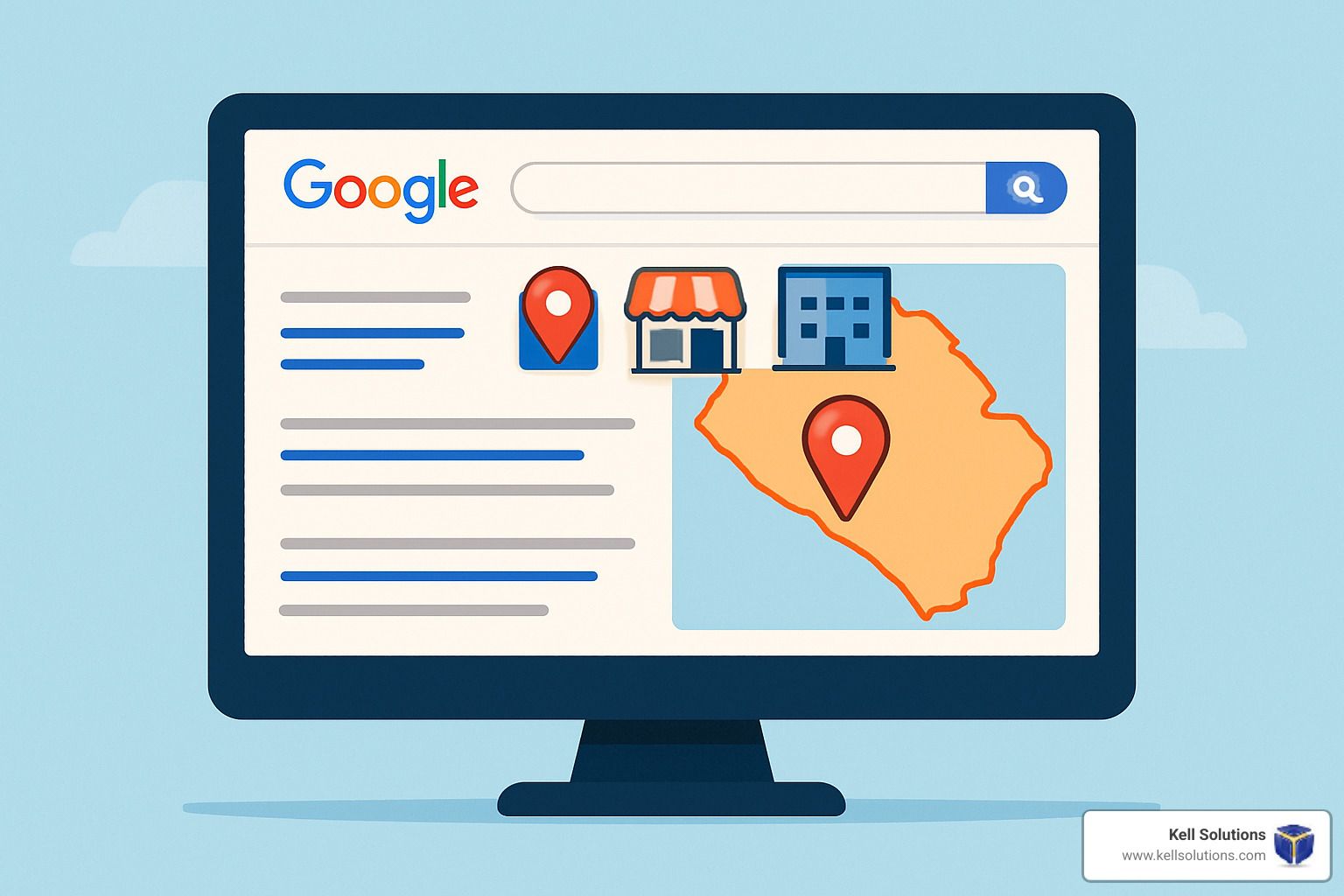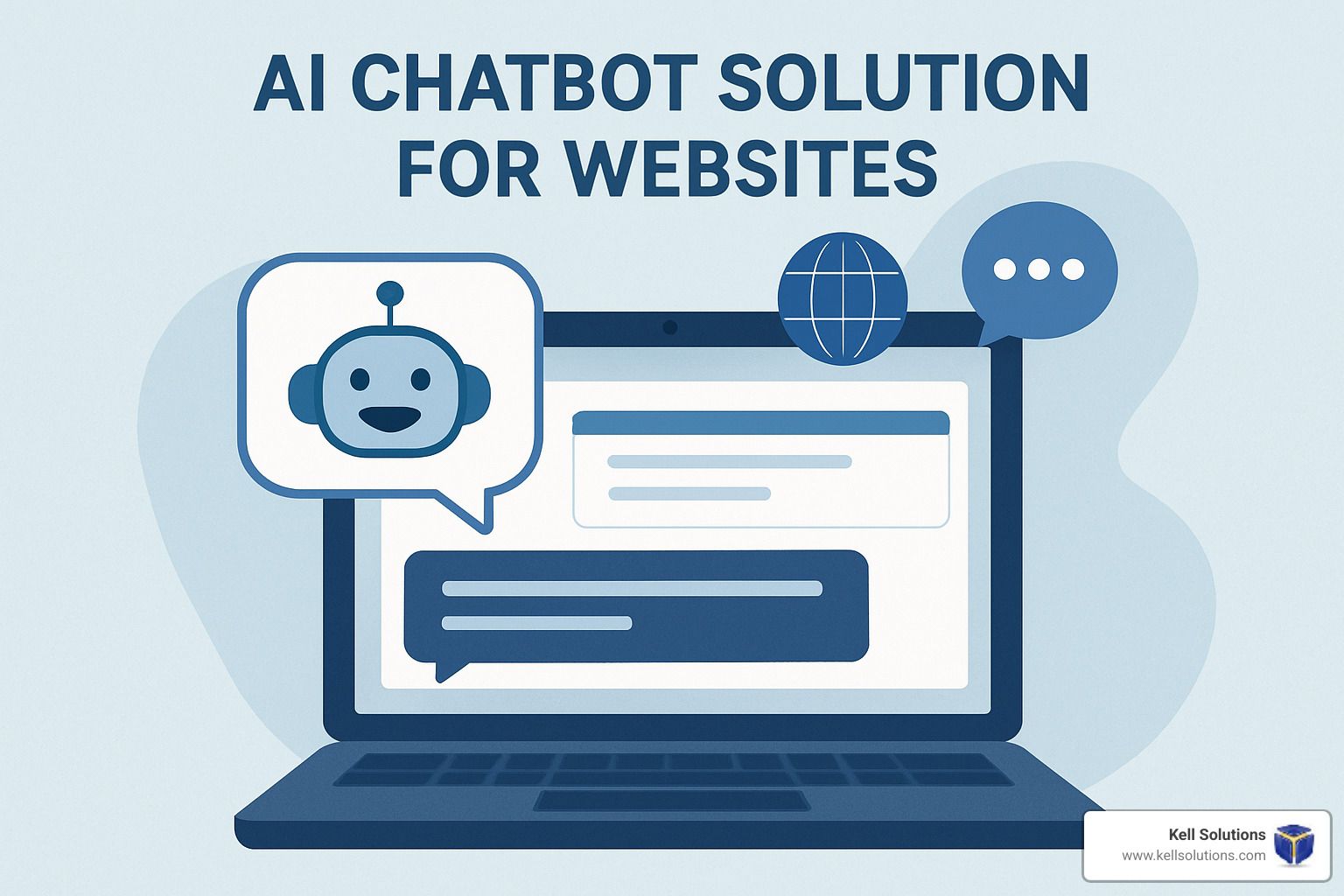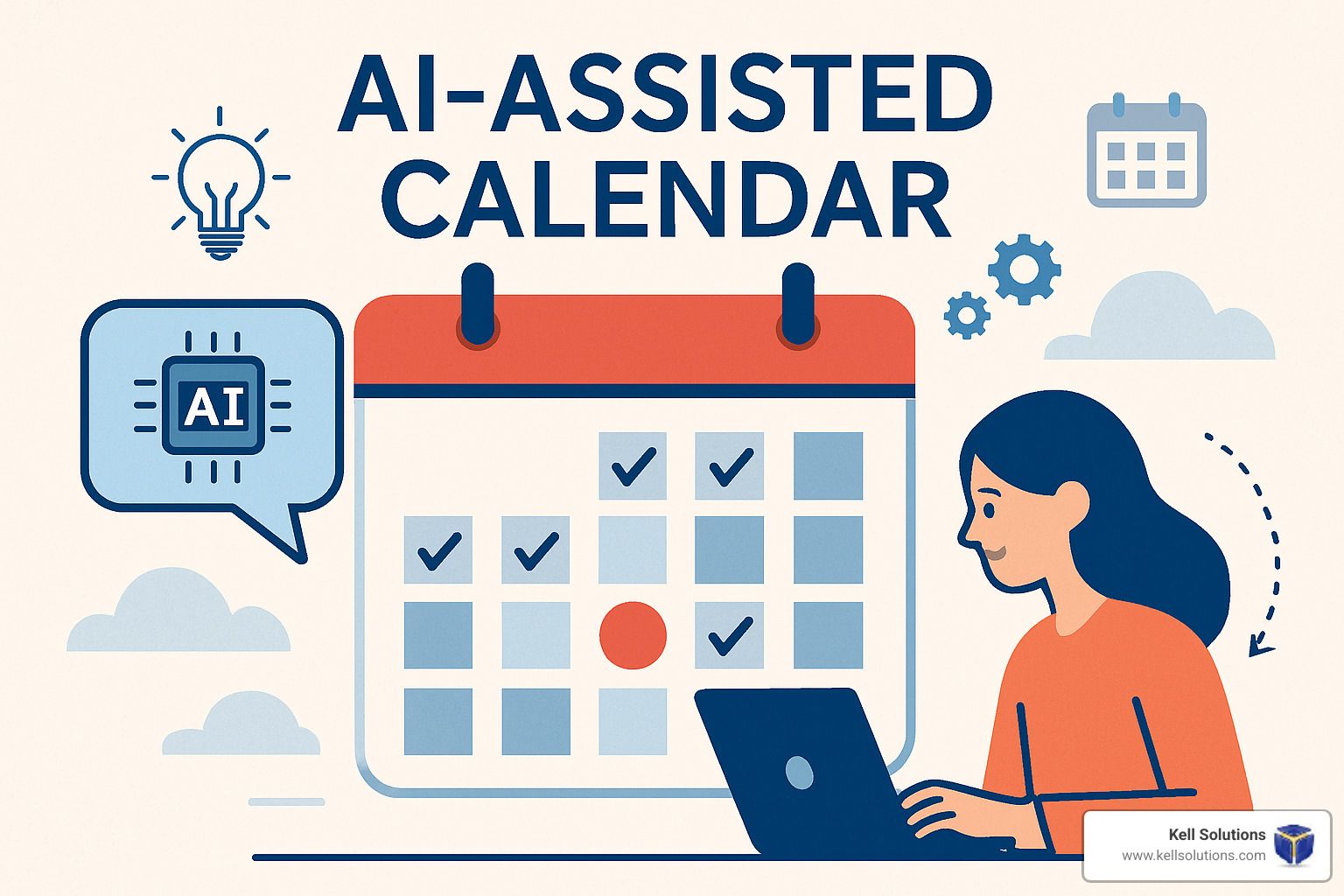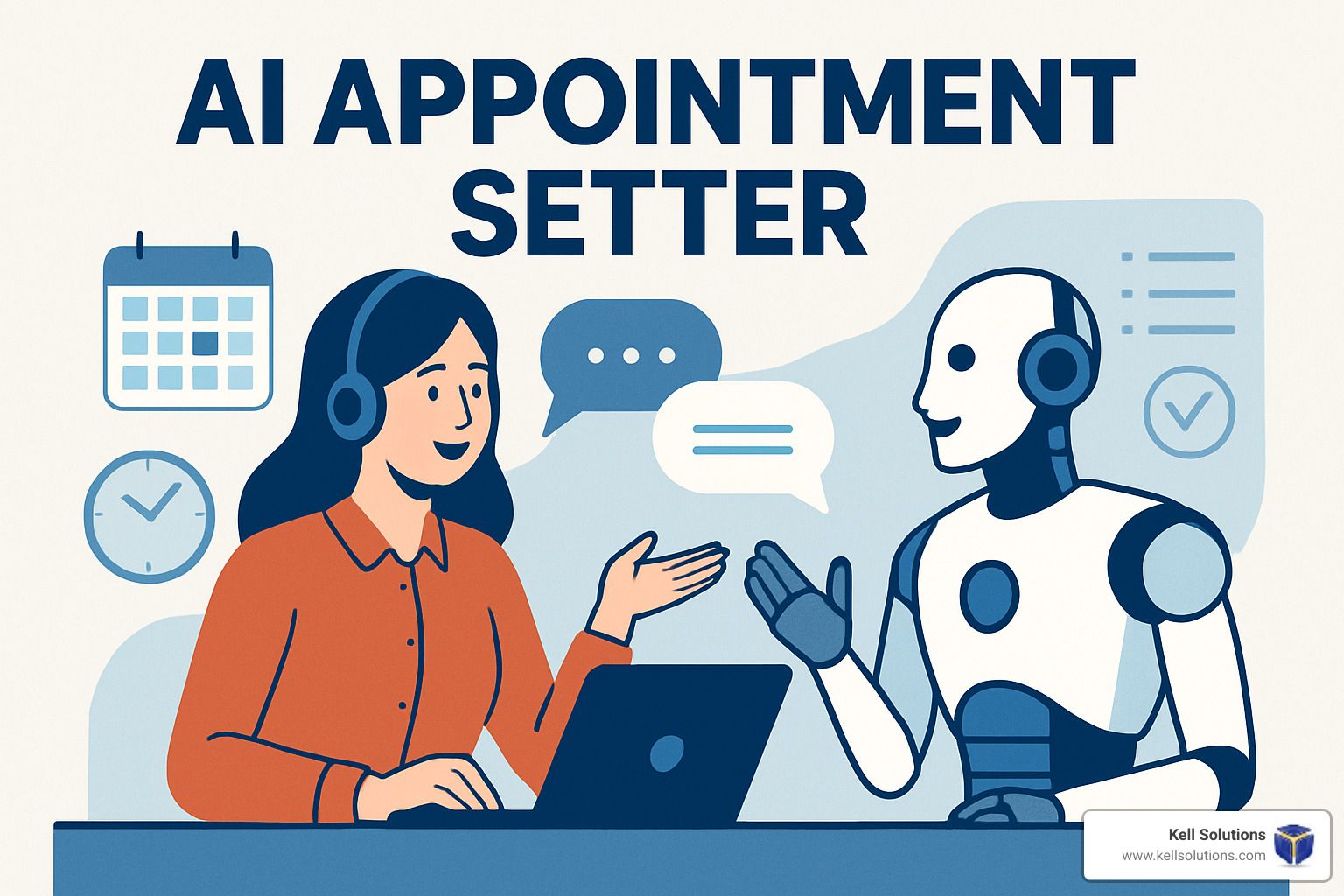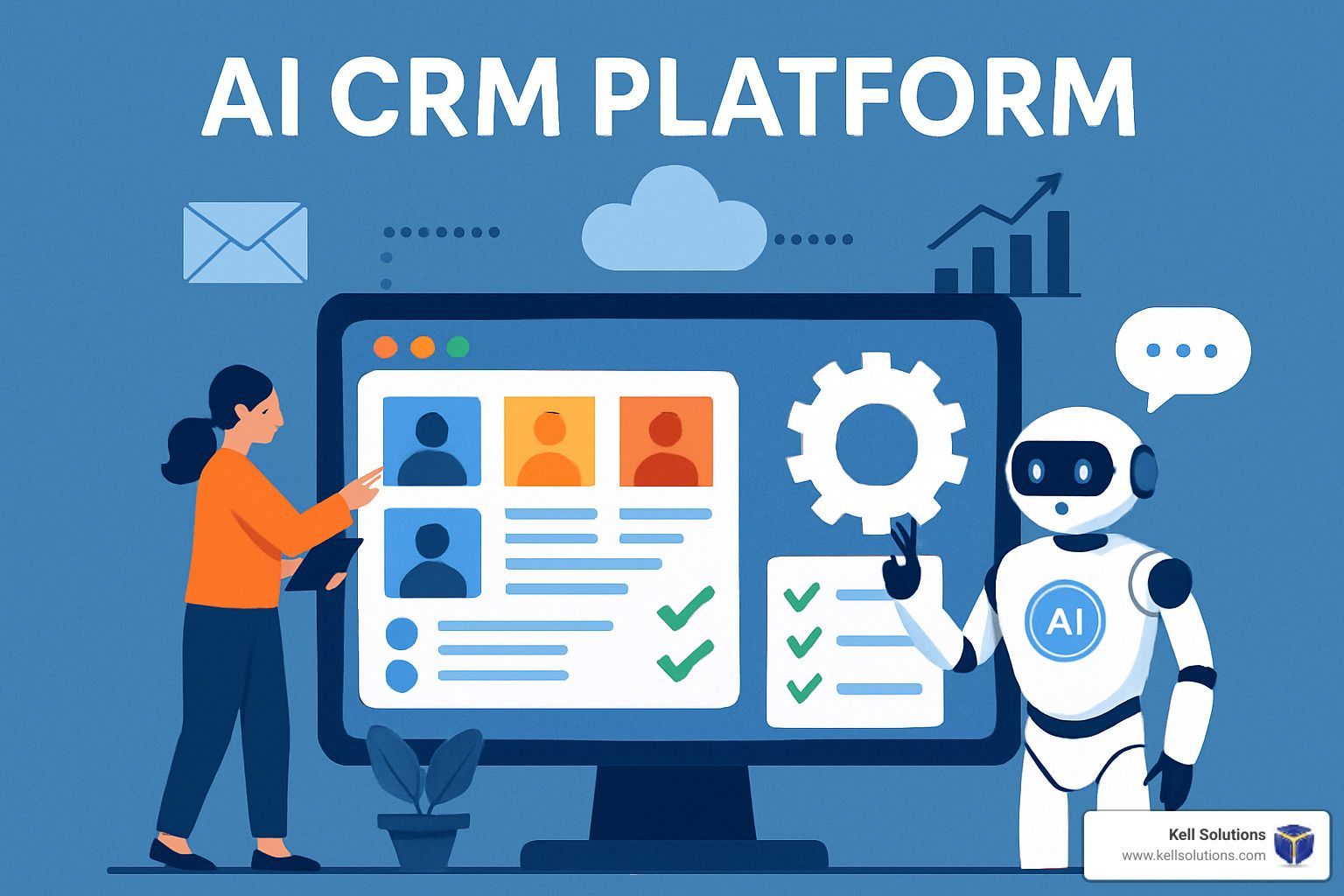AI Answering Services for Startups: Guide, Solutions & Tips
Unlocking Growth: How Startups Can Use AI Answering Services to Boost Customer Support, Capture More Leads, and Scale Efficiently

Key Takeaways
- AI answering services for startups can reduce customer service costs by up to 90% while maintaining or improving service quality, making them ideal for resource-constrained startups.
- The most effective AI answering services offer 24/7 availability, natural language processing, and seamless integration with existing business tools.
- VoiceGenie AI stands out for startups with its 15-minute setup time and over 7,000 application integrations, providing enterprise-level features at startup-friendly pricing.
- Startups implementing AI answering services typically achieve 400% ROI within the first year through improved lead capture and conversion rates.
- Beyond cost savings, AI answering services help startups project professionalism, capture after-hours leads, and scale customer support without adding headcount.
Modern startups face a critical challenge: providing exceptional customer service with limited resources. AI answering services for startups are transforming how new businesses handle communication, turning a traditional weakness into a competitive advantage. VoiceGenie AI has pioneered solutions specifically designed for startups that need enterprise-level communication capabilities without the enterprise-level price tag or complexity.
The days of missed opportunities due to unanswered calls are over. Today's AI answering services don't just take messages—they engage customers, qualify leads, book appointments, and integrate with your existing systems to create seamless workflows that drive growth.
Article-at-a-Glance
This comprehensive guide explores how AI answering services are revolutionizing startup communications. We'll examine the must-have features, compare top solutions for budget-conscious founders, analyze the real-world ROI, provide an implementation roadmap, address common challenges, and look at future trends. By the end, you'll understand not just why AI answering services matter for startups, but how to select and implement the right solution for your specific business needs.
Why AI Answering Services Are a Game-Changer for Startups
Startups operate in a unique paradox: they need to appear established and professional while working with skeleton crews and tight budgets. Every missed call represents a potentially lost customer, yet hiring dedicated receptionists is often financially unfeasible. AI answering services bridge this gap perfectly, providing enterprise-grade communication capabilities without the associated overhead.
The market data speaks volumes about their impact. Startup businesses implementing AI answering systems report up to 90% reduction in customer service costs while simultaneously improving service quality. For startups, this translates to capturing leads that would otherwise disappear into voicemail oblivion, converting after-hours inquiries into revenue opportunities, and maintaining customer satisfaction scores that rival much larger competitors.
Beyond the obvious cost advantages, AI answering services level the playing field for startups. They project professionalism and reliability that builds customer confidence. They eliminate the unpredictability of human staffing—no sick days, vacation coverage, or training periods. And perhaps most importantly, they scale effortlessly with your business growth, handling five calls today and five hundred tomorrow without missing a beat.
Core Features to Look for in AI Answering Services
Not all AI answering services deliver equal value for startups. The most effective solutions combine several critical capabilities that address the unique challenges faced by emerging businesses. When evaluating options, prioritize systems that offer comprehensive functionality without unnecessary complexity.
The foundation of any worthwhile AI answering service is conversational intelligence—the ability to understand natural language, detect intent, and respond appropriately. This goes far beyond simple menu systems or keyword recognition. Modern solutions employ sophisticated natural language processing to create interactions that feel genuinely helpful rather than robotic.
24/7 Availability Without Staffing Costs
The always-on nature of modern business demands round-the-clock availability, especially for startups competing against established players. AI answering services provide continuous coverage without the overhead costs associated with shift work, holiday pay, or night differentials. This 24/7 capability ensures your business never misses an opportunity, regardless of when customers choose to reach out.
Natural Language Understanding Capabilities
The difference between frustrating and delightful customer experiences often comes down to how well your system understands natural conversation. Leading AI answering services employ sophisticated natural language processing that recognizes context, handles interruptions, and manages conversational flow naturally. The technology should understand industry-specific terminology, regional speech patterns, and even emotional cues to provide truly helpful responses.
Look for solutions that continuously improve through machine learning, adapting to your specific customer interactions over time. The best systems get smarter with each conversation, learning from both successful interactions and challenges to refine their understanding and responses.
Integration with Your Existing Tools
Isolated solutions create fragmented experiences. Effective AI answering services seamlessly connect with your existing business tools—from CRM systems and calendar applications to e-commerce platforms and support ticketing systems. This integration capability transforms your AI receptionist from a simple answering service into a central hub of your business operations.
When evaluating integration capabilities, consider both the breadth of supported applications and the depth of integration. Surface-level connections might share basic contact information, while deeper integrations can update customer records, trigger workflows, and synchronize data across your entire tech stack.
Scalability as Your Startup Grows
Startups experience unpredictable growth patterns, making scalability a non-negotiable feature. The ideal AI answering service grows with your business without requiring disruptive migrations or costly upgrades. Look for solutions with tiered pricing models that accommodate fluctuating call volumes and feature requirements. This elasticity ensures you're never paying for capacity you don't need while having the ability to quickly scale up during growth spurts or seasonal peaks.
Analytics and Performance Reporting
Data-driven decision making separates successful startups from the pack. Robust analytics capabilities should provide insights into call volumes, peak times, common customer inquiries, resolution rates, and satisfaction metrics. These insights help optimize your communication strategy, identify training opportunities, and quantify the ROI of your AI answering service. The most valuable solutions offer customizable dashboards that highlight the metrics most relevant to your specific business objectives.
Advanced reporting features should also identify emerging trends and potential issues before they impact your business. For example, tracking an increase in product-specific questions might signal the need for additional documentation or reveal a potential product issue that requires attention.
Top AI Answering Solutions for Cash-Strapped Startups
The market offers numerous AI answering solutions, but three stand out for their startup-friendly approaches to pricing, implementation, and functionality. Each excels in different areas, making them suitable for specific startup needs and growth stages.
VoiceGenie AI: Best for Quick Implementation
VoiceGenie AI emerges as the most comprehensive solution for startups seeking rapid deployment, extensive integration capabilities, and scalable pricing. Its 15-minute setup time is unmatched in the industry, allowing founders to implement professional voice solutions without diverting precious time and resources. With over 7,000 application integrations, it connects seamlessly with virtually any existing tech stack, from popular CRMs like Salesforce and HubSpot to industry-specific tools.
The platform's transparent pricing structure starts at $199 monthly with no hidden fees or long-term contracts, making it ideal for budget-conscious startups. VoiceGenie's natural language processing capabilities handle complex conversations with remarkable accuracy, and its customization options ensure consistent brand voice across all customer interactions. The platform particularly shines in its ability to capture detailed lead information and automatically sync it with your existing systems, eliminating manual data entry and followup tasks.
Smith.ai: Ideal for Hybrid Human-AI Support
For startups requiring a blend of AI efficiency and human touch, Smith.ai offers a compelling hybrid model. Their service combines AI-powered answering with live virtual receptionists who can handle more complex scenarios that benefit from human judgment. This approach works particularly well for legal, medical, or financial startups where nuanced conversations and empathy play important roles in customer interactions.
Smith.ai's pricing begins around $240 monthly for basic service levels, positioning it slightly higher than pure AI solutions. The platform excels in lead qualification and appointment scheduling workflows, with strong integrations to popular calendar and booking systems. While the human component limits true 24/7 availability compared to fully automated alternatives, the trade-off may be worthwhile for businesses prioritizing personalized service in complex interactions.
Dialpad AI: Perfect for Sales-Focused Startups
Sales-driven startups will find Dialpad AI's conversation intelligence and revenue acceleration features particularly valuable. The platform excels at identifying sales opportunities, analyzing call sentiment, and providing real-time coaching for sales teams. Its advanced transcription and analytics capabilities offer unprecedented visibility into customer conversations, helping identify patterns that lead to successful conversions.
The Real ROI: How AI Answering Services Pay for Themselves
The true value of AI answering services for startups extends far beyond direct cost savings. While the elimination of traditional receptionist expenses provides immediate budget relief, the most significant returns come through improved lead capture, enhanced customer experiences, and operational efficiencies. Startups implementing well-optimized AI answering services typically achieve 400% ROI within the first year, with some organizations reporting returns as high as $8 per dollar spent.
Lead Capture Improvements
Every missed call represents potential lost revenue. Studies show that 85% of customers who can't reach a business on their first attempt will not call back. AI answering services for startups eliminate this problem by capturing every inquiry, 24/7, and immediately engaging potential customers. The impact is particularly pronounced for startups that receive calls outside traditional business hours or experience unpredictable call volumes that would overwhelm human staff.
Beyond simple availability, advanced AI systems qualify leads during initial conversations, gathering key information and even scoring prospects based on likelihood to convert. This pre-qualification streamlines sales processes and ensures valuable human follow-up time is allocated to the most promising opportunities. Many startups report 30-40% increases in qualified lead generation after implementing AI answering services for startups.
Customer Satisfaction Metrics
Counter to common assumptions, customers often report higher satisfaction with well-designed AI interactions than with rushed or undertrained human representatives. The consistency, patience, and immediate availability of AI systems create positive experiences that translate into measurable improvements in customer satisfaction scores. Startups using advanced AI answering services routinely see NPS (Net Promoter Score) improvements of 15-20 points within the first six months of implementation.
The 24/7 AI availability particularly impacts customer perception of your brand's reliability and professionalism. In competitive markets, this always-on accessibility can become a key differentiator, especially for startups competing against larger, established companies. Customer feedback consistently highlights appreciation for immediate responses regardless of time or day, creating positive word-of-mouth that drives organic growth.
Cost Comparison vs. Traditional Solutions
Direct cost comparisons between AI answering services and traditional staffing reveal dramatic savings potential. A typical startup spending $199 monthly on an AI answering service handling 500 calls effectively pays $0.40 per call, compared to traditional receptionist costs that could exceed $5 per interaction when factoring in salary, benefits, and overhead. Even compared to outsourced call centers, AI solutions typically reduce per-interaction costs by 60-75%.
The financial advantages become even more compelling when considering opportunity costs. Traditional answering services operate with fixed capacity—adding volume requires adding staff. AI systems scale dynamically, handling surge volumes without degradation in service quality or response time. This elasticity eliminates the difficult staffing decisions facing growing startups and prevents capacity limitations from constraining growth.
AI Implementation Roadmap for Your Startup
Successful implementation of AI answering services requires a strategic approach. By following a structured methodology, startups can minimize disruption while maximizing the value and effectiveness of their new communication system. This five-step roadmap provides a proven framework for selection, deployment, and optimization.
1. Audit Your Current Communication Needs
Begin by thoroughly analyzing your existing communication patterns and challenges. Document call volumes, peak times, common inquiry types, and current resolution processes. Identify specific pain points like missed calls, lengthy response times, or inconsistent customer experiences. This audit establishes your baseline metrics and clarifies exactly what you need your AI answering service to accomplish.
Beyond quantitative data, gather qualitative insights from team members who interact with customers. Their firsthand experiences often reveal nuanced requirements that might not appear in call logs or metrics. Pay particular attention to scenarios that currently require human judgment or that generate customer frustration, as these represent critical areas for your AI system to address.
2. Select the Right Service Based on Your Industry
Industry-specific requirements should heavily influence your selection process. Legal startups need systems with strict confidentiality protocols and precise appointment scheduling. E-commerce businesses require seamless integration with inventory and order management systems. SaaS companies benefit from technical support capabilities and integration with help desk platforms.
Request demonstrations using scenarios specific to your business model rather than generic examples. This real-world testing reveals how effectively each system handles your unique requirements and identifies potential gaps or limitations. Many providers offer industry-specific templates or configurations that can significantly accelerate your implementation timeline.
3. Create Your Call Scripts and Workflows
Effective AI answering services require thoughtful conversation design. Develop scripts that reflect your brand voice while efficiently gathering necessary information. Map out logical conversation flows that anticipate customer needs and questions. The best workflows balance thoroughness with brevity, collecting essential details without creating frustrating experiences.
When designing conversation flows, consider all possible paths and decision points. Include appropriate fallback mechanisms for unexpected inputs and clear escalation procedures for situations requiring human intervention. Test scripts with diverse user personas to ensure they accommodate different communication styles and inquiry types.
4. Test with Real-World Scenarios
Before full deployment, conduct thorough testing using realistic scenarios derived from your actual customer interactions. Involve team members from different departments to evaluate performance from various perspectives. Pay particular attention to edge cases and complex situations that might challenge the system's capabilities.
Document system performance across all test scenarios, identifying any gaps or limitations requiring refinement. Prioritize improvements based on frequency and business impact, addressing critical issues before launch while developing roadmaps for ongoing enhancements. Many startups find an iterative approach most effective, beginning with high-volume, straightforward interactions and gradually expanding to more complex scenarios as the system proves itself.
5. Measure Results and Refine
Establish a comprehensive analytics framework to track performance after launch. Monitor both operational metrics (call volumes, handling times, resolution rates) and business outcomes (lead conversion, customer satisfaction, revenue impact). Regular review sessions help identify opportunities for optimization and ensure alignment with evolving business needs.
Plan for continuous improvement by gathering feedback from customers and internal stakeholders. The most successful implementations treat the initial launch as just the beginning, with ongoing refinements that enhance capabilities and adapt to changing requirements. Many AI answering services for startups improve automatically through machine learning, but this passive improvement should complement active optimization efforts.
Common Startup Implementation Challenges
While AI answering services for startups offer tremendous benefits, startups often encounter specific challenges during implementation. Understanding these common obstacles allows you to proactively address them, ensuring smoother deployment and faster time-to-value. Three areas consistently require special attention: brand voice consistency, complex query handling, and integration with existing systems.
Successful implementation requires balancing technological capabilities with human oversight. The most effective deployments maintain appropriate human touchpoints while leveraging AI for scale, consistency, and efficiency. This hybrid approach maximizes both customer satisfaction and operational benefits.
Brand Voice Consistency Issues
Maintaining consistent brand experience across all customer touchpoints becomes crucial as startups establish their market presence. AI answering services must accurately reflect your company's personality, values, and communication style. Misalignment between your marketing voice and your AI interactions creates dissonance that undermines brand perception and trust.
The solution begins with detailed brand voice guidelines specifically adapted for conversational contexts. Document appropriate greetings, common responses, and tone characteristics (professional, friendly, technical, etc.). Provide examples of phrases that align with your brand and alternatives that don't, helping the system understand subtle distinctions in word choice and phrasing.
Regular auditing of actual conversations ensures ongoing alignment with brand standards. Schedule periodic reviews of transcripts and recordings to identify any drift in voice or tone. Many advanced systems allow progressive refinement of voice characteristics through feedback mechanisms that reinforce desired patterns while correcting deviations.
Complex Customer Query Handling
While modern AI excels at handling standard inquiries, complex or unusual questions can still present challenges. These edge cases might include multi-part requests, hypothetical scenarios, or questions requiring contextual knowledge not explicitly programmed into the system. Startups must develop effective strategies for managing these limitations without compromising the customer experience.
The most effective approach combines technological and procedural solutions. Implement graceful handoff protocols that transfer complex interactions to human representatives when necessary, while preserving context to avoid forcing customers to repeat information. Design escalation thresholds based on confidence scores, semantic analysis, or specific trigger phrases that indicate complexity beyond the system's capabilities.
Integration with Legacy Systems
Many startups operate with a mix of modern cloud platforms and older systems that may lack robust API capabilities. Integrating AI answering services with these legacy components often requires additional middleware, custom connectors, or manual synchronization processes. This integration complexity can delay implementation timelines and increase initial setup costs if not properly anticipated.
Future-Proof Your Startup's Customer Communication
The AI answering service landscape continues evolving rapidly, with new capabilities and features emerging regularly. Startups must select solutions that can adapt to technological advances without requiring complete system replacements. Look for providers with strong research and development investments, regular feature updates, and clear technology roadmaps that align with emerging communication trends.
AI Voice technology advances particularly quickly, with improvements in natural language understanding, sentiment analysis, and voice synthesis creating increasingly natural interactions. Solutions that incorporate these advances through regular updates provide lasting value, while static systems quickly feel outdated compared to consumer expectations shaped by voice assistants and other advanced interfaces.
Expert Insight: "The distinction between AI and human interaction is rapidly disappearing for routine business communications. The startups gaining competitive advantage aren't just implementing today's technology—they're partnering with providers committed to continuous advancement in conversational AI." — AI Communication Technology Analyst
Beyond technological evolution, consider how customer communication preferences and expectations continue to shift. Effective AI answering services should support omnichannel capabilities, connecting voice interactions with text, email, chat, and emerging communication platforms. This unified approach ensures consistent experiences regardless of how customers choose to engage with your startup.
Frequently Asked Questions
Implementing AI answering services raises common questions among startup founders and decision-makers. These frequently asked questions address the most common concerns and considerations when evaluating and deploying these solutions.
Understanding these fundamental aspects helps set realistic expectations and enables more informed decision-making. While every startup has unique circumstances, these answers provide general guidance applicable to most implementation scenarios.
For specific requirements or unusual use cases, most providers offer consultation services to address your particular situation and develop customized solutions that align with your business needs and technical environment.
How much do AI answering services typically cost for startups?
AI answering services for startups typically range from $149 to $499 monthly for base packages, with pricing generally structured around call volume and feature requirements. Entry-level solutions like VoiceGenie AI start around $199 monthly for hundreds of calls, while hybrid human-AI services may start higher. Most providers offer tiered pricing that scales with usage, allowing startups to begin with affordable packages and expand as needed without significant cost jumps or contract renegotiations.
Can AI answering services handle industry-specific terminology?
Yes, modern AI answering services can be trained to understand and correctly use industry-specific terminology. Leading platforms allow custom vocabulary integration, including technical terms, product names, and specialized jargon. This customization typically involves uploading glossaries, providing sample conversations, and ongoing refinement based on actual interactions. The most advanced systems continue learning from conversations, progressively improving their understanding of specialized language patterns and terminology unique to your business domain.
What happens when the AI can't answer a customer's question?
When an AI system encounters a question beyond its capabilities, well-designed services implement graceful fallback procedures. These typically include acknowledging limitations transparently, capturing detailed information about the inquiry, offering alternative contact methods, creating support tickets, or escalating to human representatives when available. The best systems maintain context during these transfers, ensuring customers don't need to repeat information and preserving a seamless experience despite the handoff.
How long does AI implementation usually take for a small startup?
AI Implementation timelines vary significantly based on complexity and customization requirements. Basic deployments with standard configurations can be operational within 1-2 days, particularly with cloud-based solutions like VoiceGenie AI that offer 15-minute setup processes. More complex implementations involving extensive integrations, custom workflows, or specialized vocabulary may require 2-4 weeks for proper configuration, testing, and refinement.
Most providers offer implementation assistance ranging from self-service guides to full white-glove setup services, with corresponding differences in timeline and cost. Startups should factor these implementation considerations into their planning, particularly if deploying the system needs to coincide with specific business events or marketing initiatives.
Are there any privacy concerns with using AI answering services?
Privacy considerations are legitimate when implementing AI answering services, particularly for startups in regulated industries like healthcare, financial services, or legal services. Responsible implementation requires clear understanding of data handling practices, storage locations, retention policies, and security measures employed by your provider.
Look for services that offer compliance features aligned with relevant regulations like GDPR, HIPAA, or CCPA. Many providers support custom data retention policies, encryption standards, and geographic data sovereignty requirements. For highly sensitive applications, some solutions offer on-premises deployment options that keep all data within your controlled environment.
Transparency with customers about AI usage is both an ethical practice and increasingly a regulatory requirement. Develop clear disclosures about how customer interactions are processed, stored, and utilized. Many startups find that customers appreciate the benefits AI brings to their experience when implementation is handled thoughtfully and transparently.
VoiceGenie AI provides startups with enterprise-grade AI answering capabilities designed specifically for the unique challenges of emerging businesses. With rapid implementation, extensive integration options, and startup-friendly pricing, it delivers immediate impact without straining limited resources. Explore how VoiceGenie AI can transform your customer communications while freeing your team to focus on growth.
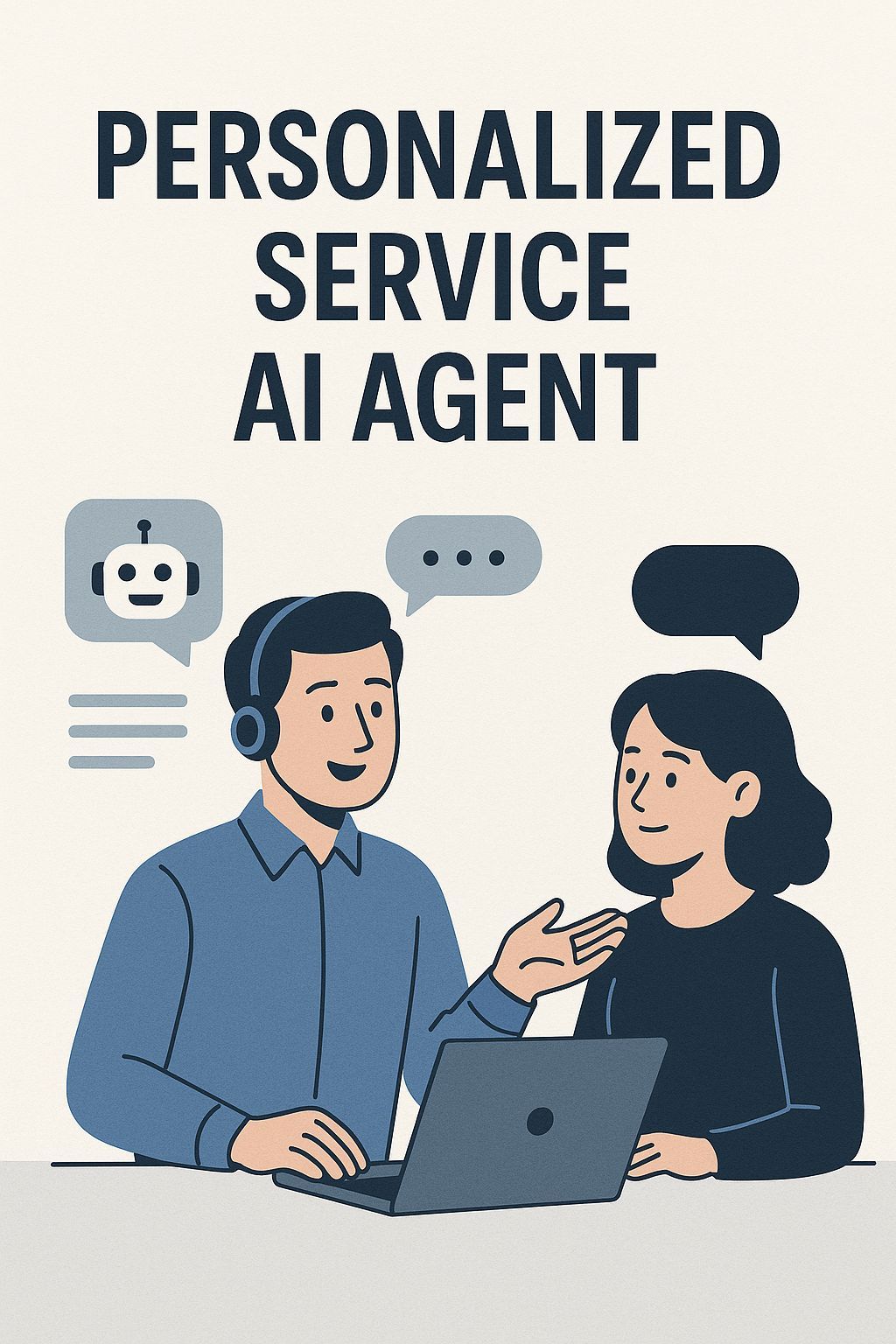

Orange County HVAC Google AI Overview Domination: 7 Proven Strategies to Capture Featured AI Results




